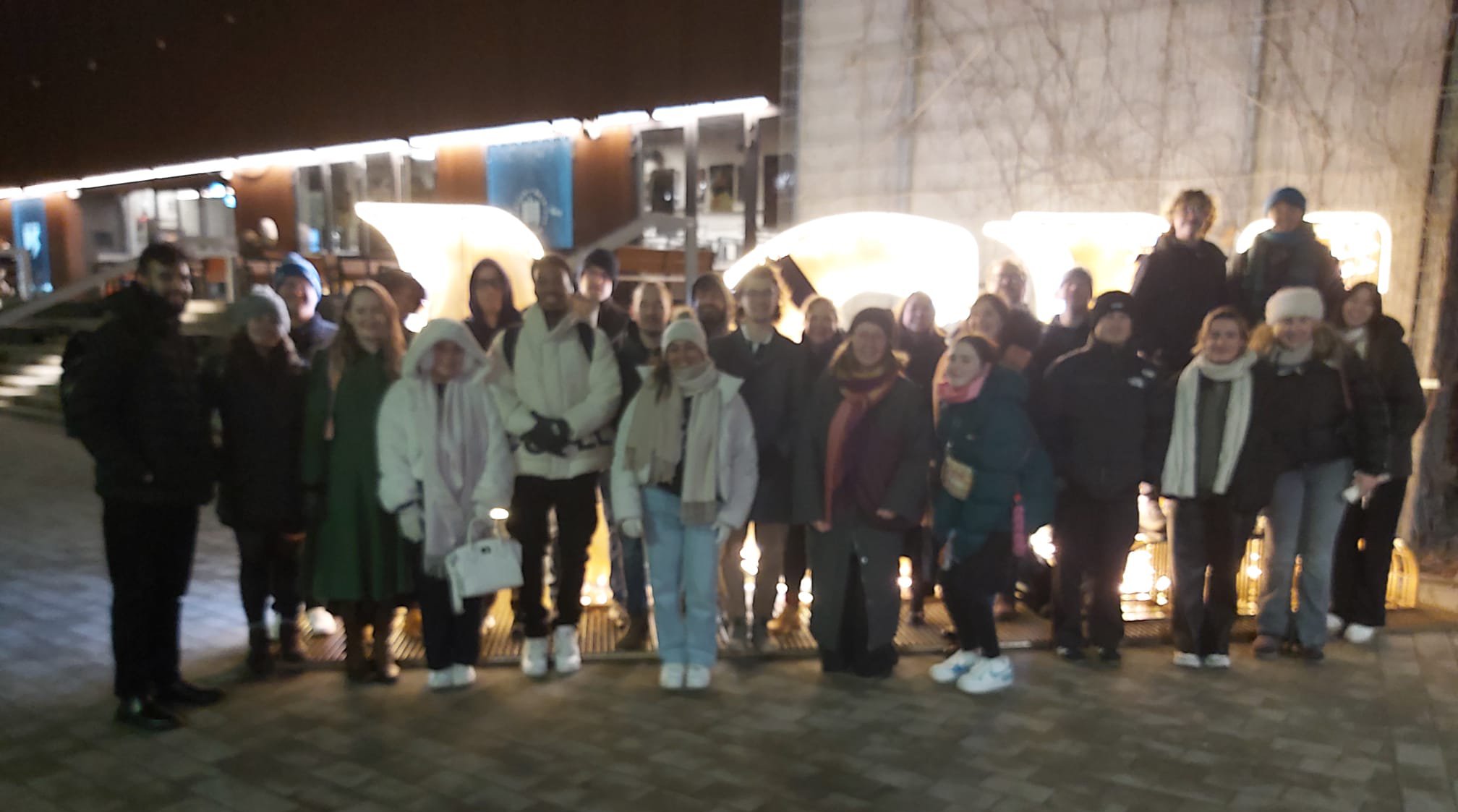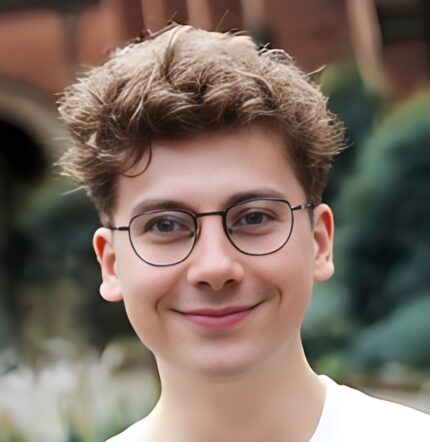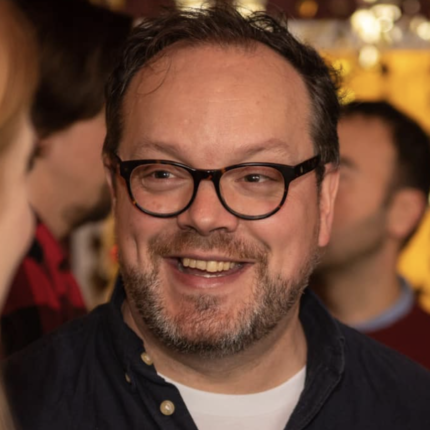Having heard all week that SU officers tended to be elected by representative council structures rather than direct cross-campus ballots, most of us didn’t think much more about it.
Until we met Magdalena Herman.
Down in their swish new basement facility in the centre of Krakow designed especially for student volunteers, the President of the SU at Poland’s oldest university did the usual thing of introducing her impressive (and unpaid) team of lead officers.
But then she revealed how they’d been elected – by the council of reps from the mini SUs we expected. Elected as a single team – over the course of an 8-hour debate – we did not.
It’s the kind of moment that really challenges your thinking on what is and isn’t democratic. Out in the faculties there’s a healthy turnout in direct democracy elections – these are the bodies that have the closest relationship to students and can make the most immediate difference, after all.

Then at university-wide level, the assumption is that it’s the leaders of those bodies that are best placed to scrutinise who will take the top jobs – and so broadly, there’s just an election for President, who can present both a proposed team and a proposed set of roles to the council.
I’m sure some of us were thinking about “slates of mates” back home – but of course to strand a chance of winning in that sort of election, Magdalena very much had to select both the most talented students she could find, but also a team that had the broadest appeal across the university’s faculties. And to get “ordinary” students involved, there were of course primaries out in the faculties.
Being elected by a council would not be straightforwardly lawful in the UK, but there’s nothing to stop SUs requiring candidacies of teams – perhaps with rules about faculty or student characteristics breadth.
More broadly, every year on these trips being lumbered with the cross campus ballots for individual positions that we seems to be stuck with in the UK thanks to the Education Act 1994 is looking like more and more of a problem – one that feels in desperate need of a solution if there’s a higher education act at any point in this Parliament.
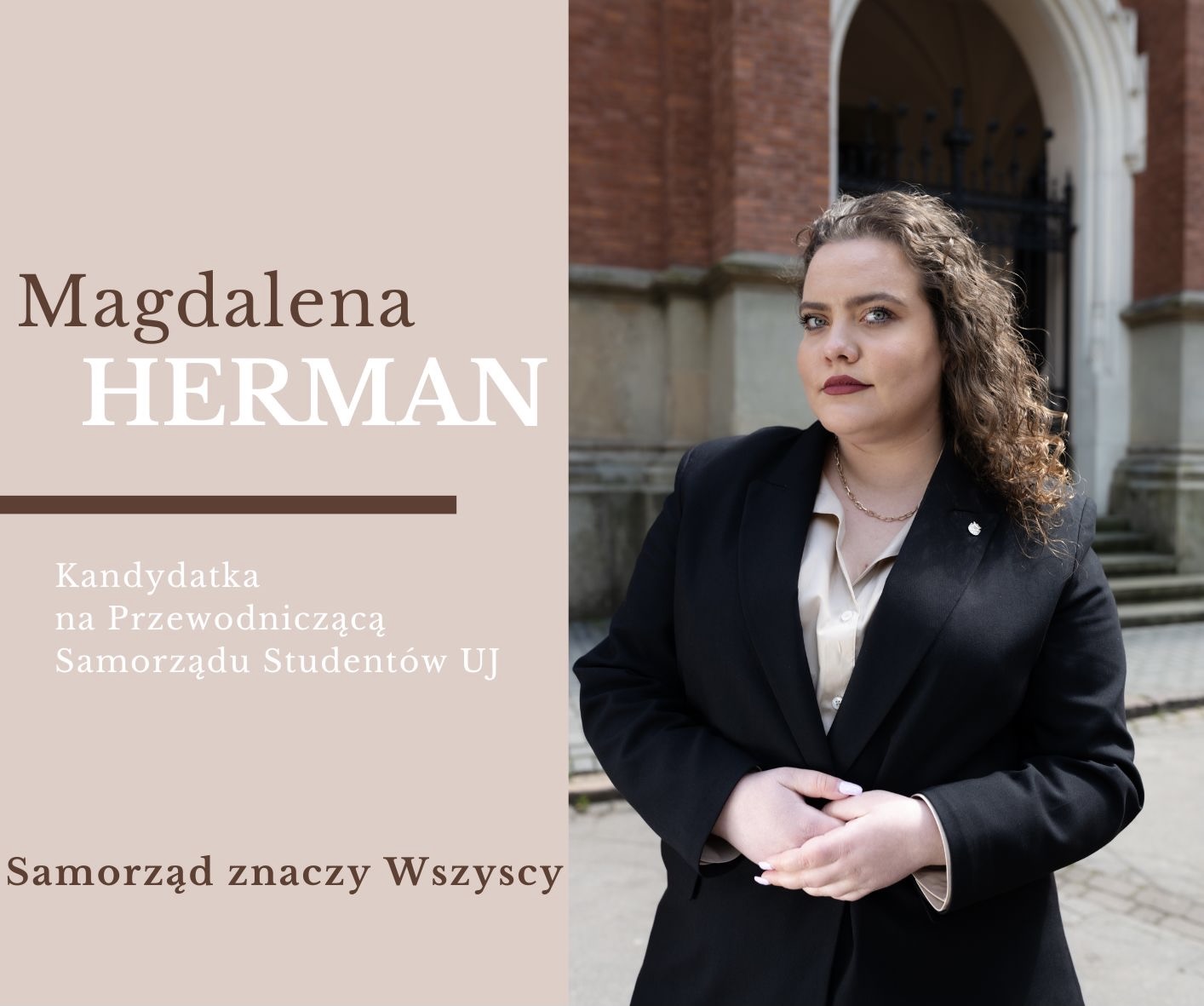
Foundational work
It’s one of the things we were talking about on our final day of the Wonkhe SUs study tour to the Visegrad countries, a five-day magical mystery tour with a group of student leaders and SU staff of students’ unions, guilds, associations, and infrastructure organisations in the Visegrad countries of Central Europe.
We didn’t really have time with Magdalena to get onto one of her other important roles, which is all about the city itself. The Student Government Agreement of Krakow Universities (PSSUK) is an influential student organisation representing over 130,000 students across the 17 public and private universities in Krakow. Established in 1993, PSSUK focuses on integrating the student community, supporting student governments, and advocating for improved learning conditions. One of their key achievements is the introduction of a semester public transport ticket for students.
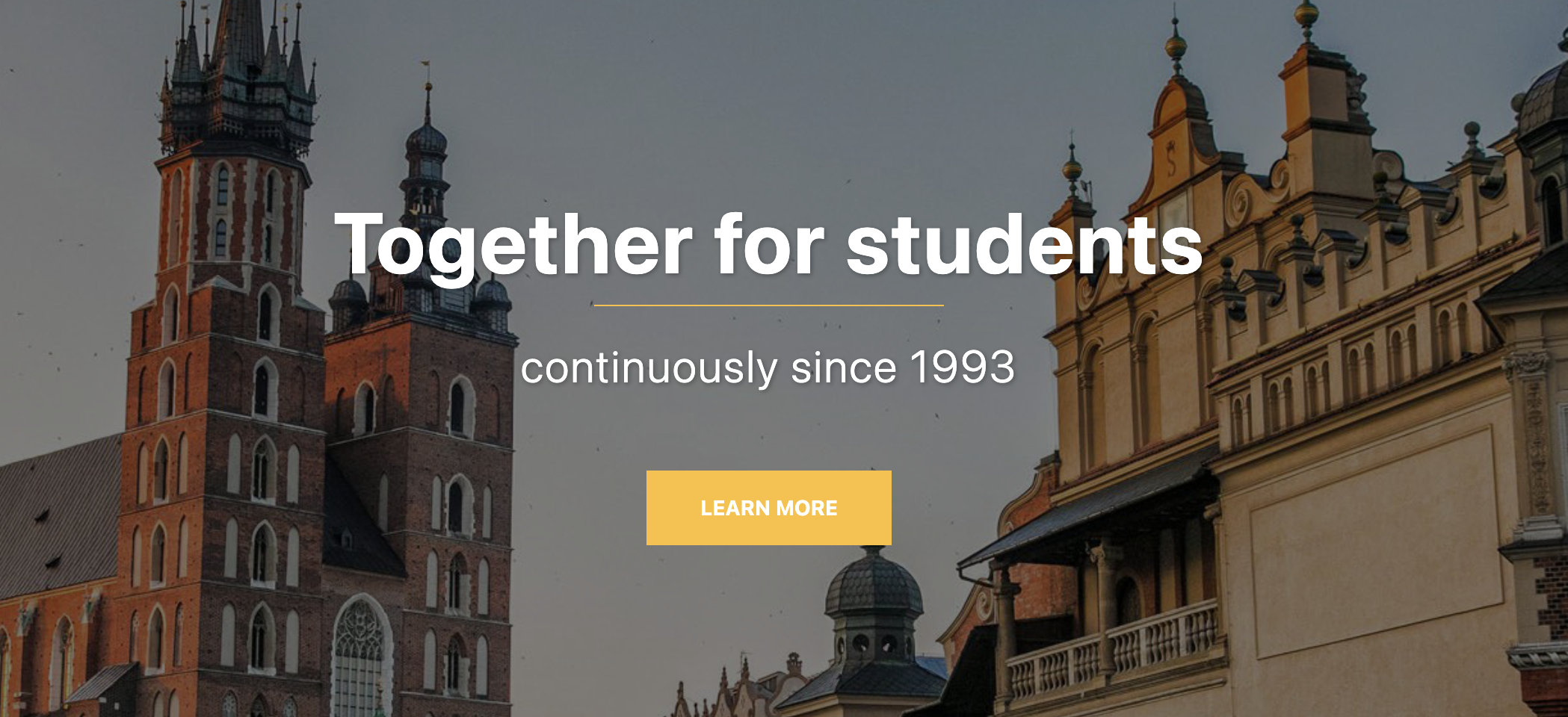
PSSUK achieves its goals through various activities, including representing students before city authorities, coordinating initiatives among student governments, and collaborating with other organizations. They also organize advisory teams, commission research, and co-organize projects to address student needs and concerns. And naturally their flagship project is the Krakow Juwenalia, one of the most impressive versions of the student festival held around the country.
It also puts on a Festival of Student Creativity in Krakow called KULTURAlia, showcasing student talent through nearly 40 events across music, painting, theater, film, fashion, and design. Highlights include interdisciplinary exhibitions by students of the Jan Matejko Academy of Fine Arts, concerts spanning jazz, reggae, and classical music, and performances by top pop stars – as well as cabaret reviews, a Japanese Day, a drive-in cinema, and seminars on entrepreneurship for art students.
Something else that Madalena involves herself with is the Jagiellonian University Students and Graduates Foundation – called “Bratniak”. Emerging from Poland’s transformative post-1989 democratic and economic changes, the foundation revived a cherished 19th-century tradition of student mutual aid societies – and dedicates itself to improving the social and living conditions of the university’s academic community while championing cultural, scientific, and artistic initiatives.

It’s funded via the revenue generated from activities like the halls of residence that it owns and donations – and offers scholarships, facilitates employment opportunities, and supports students facing financial hardship. It also co-finances academic projects, cultural events, and sports activities, publishes student magazines, and runs international exchange programmes. And its governance reflects a collaborative balance between academic staff and student representation – there’s ten academic staff members and eight representatives from the student community, elected by that council of the SU.
It’s a model that allows a useful strategic separation between the more political and representative activities of the SU – much more like a traditional charity – and is used by a number of the other SUs we brushed by on the tour.
Can I have a taste?
The biggest student foundation in the city is called ACADEMICA, established in 2000 and spearheaded as a partnership between the SU’s council and the Vice-Rector to support student activities, initially managing four student clubs and the university canteen. Over the years, the Foundation undertook renovations, launched cultural initiatives, and expanded facilities, including the major reconstruction of the Studio Club (now Poland’s biggest student nightclub), and a mini-brewery and a bistro – and employs over 500 students annually.
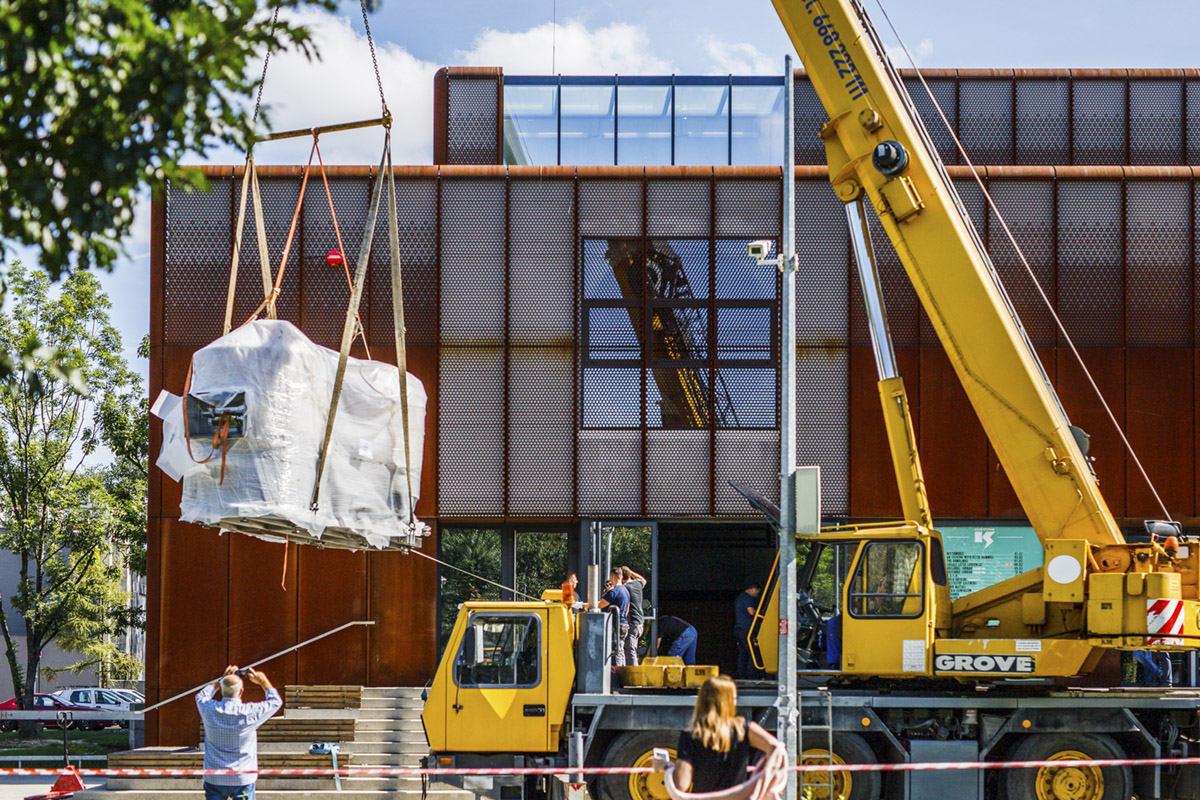
The brewery is interesting. The AGH University of Science and Technology in the city has its roots in mining – and for decades, students had been brewing beer to use during celebrations of Miner’s Day and Steelmaker’s Day, when graduates of the university would return to campus. So when the building was refurbished, naturally one of the projects was to create the foundation’s own craft brewery – using some of the cutting edge tech that students use on their programmes. We naturally got a tour (and taste) of it before we left the city.
Its “host” SU at AGH is like many of the others we’d seen during the week – the huge Board Games night runs weekly, there’s an adaptation camp for new students, and one of the events the union is legally charged with running on ensuring that new students know their rights – as well as something that looks a lot like what we might describe as student-led teaching awards.
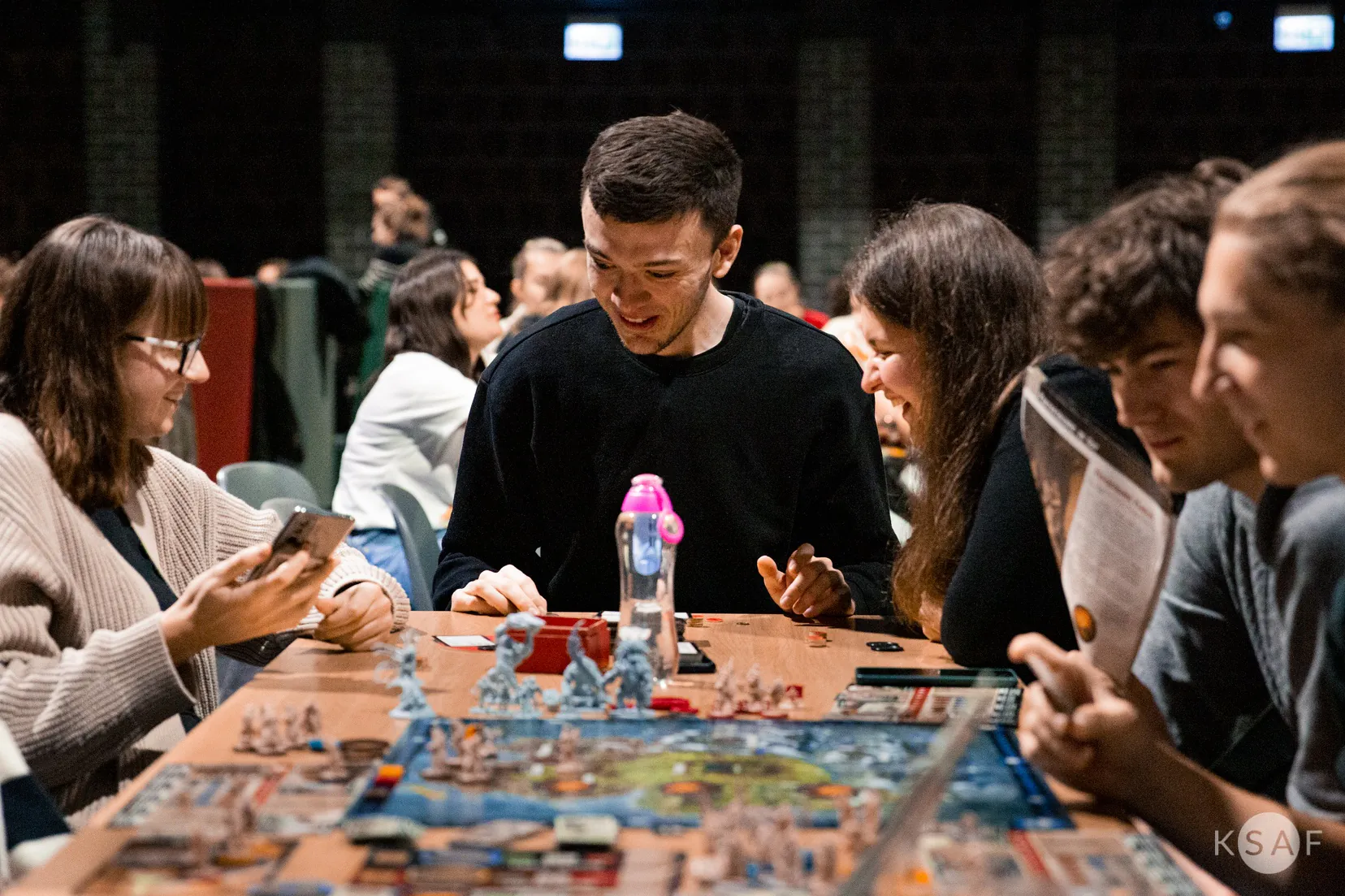
It also runs some things we’d not seen. The SU’s huge AGH AI Days conference was created by a team of students to get across advancements in artificial intelligence, with sessions on the importance of basic AI knowledge for future graduates. The Talent Mine is a student talent show where participants can showcase their skills on the stage of the local STUDIO Club.
City X is a brilliant team hitchhiking race, where cleverness takes precedence over speed – participants travel across Poland, completing tasks to earn points while racing to an unknown destination revealed only during the event. And the AGH Student Tavern offers an immersive experience in mining legends, customs, and traditions, featuring beer baptism, pork knuckle, and various competitions – celebrating St. Barbara’s Day and leaving students with lasting memories of AGH.
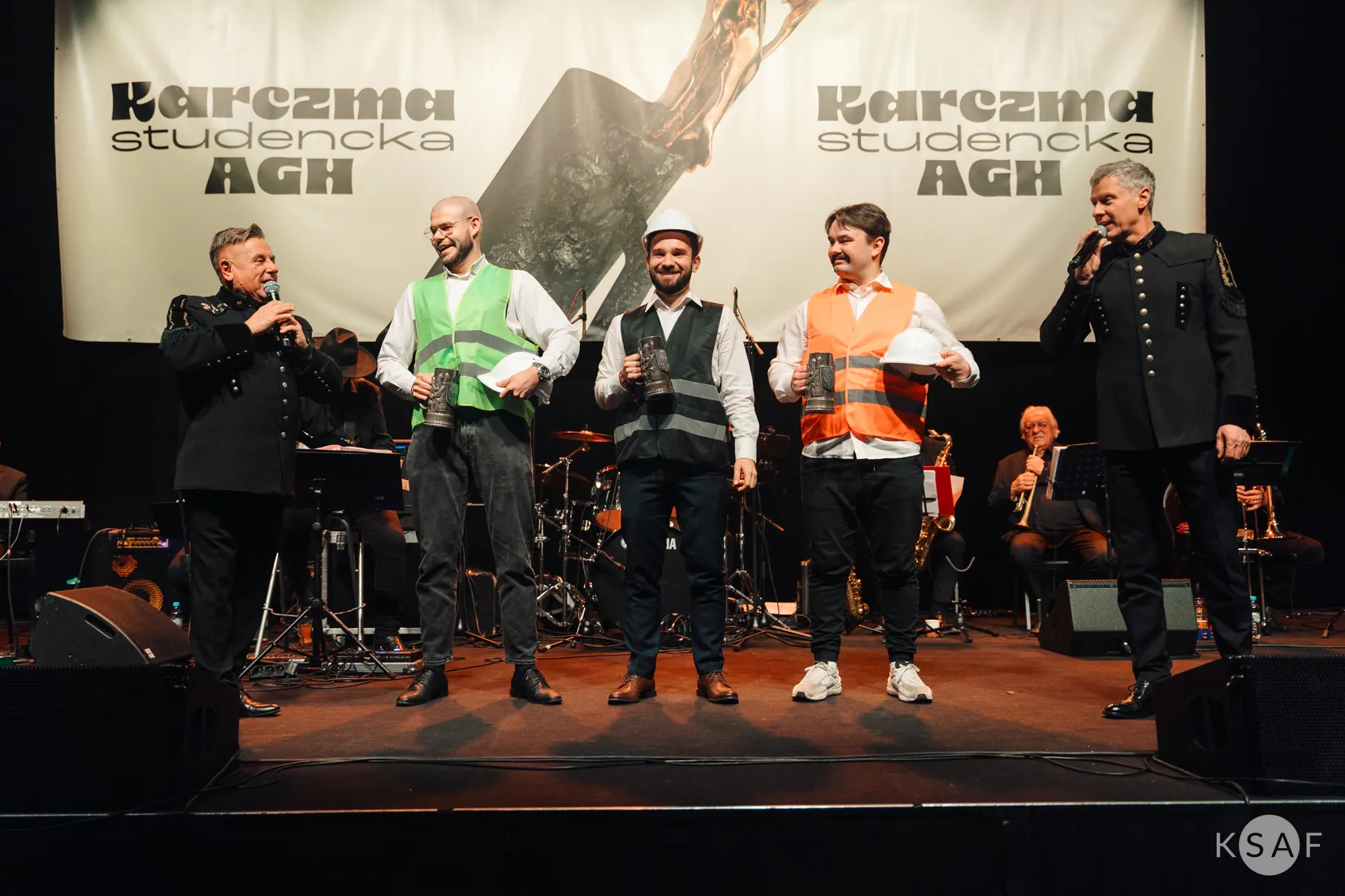
Partly because we’d ended up visiting quite a few universities focussed on science and technology, one of the things we’d heard about in various forms all week were ways of supporting particular types of student groups – and probably the most impressive of those was on show in the morning in Krakow at the city’s University of Economics.
Because life goes in circles
The Rada Kół Naukowych (RKN) – or Scientific Circles Council – is an umbrella organisation that brings together and supports student scientific associations at the university. It coordinates academic initiatives, allocates funding for projects, and organizes events promoting academic engagement, like the Scientific Circles Fair.
Recent activities include a dedicated Scientific Circles Fair, a legal talk, a meeting on animal rights, more work on AI, talks on EU career opportunities and even a debate on growing Polish companies despite the recession in Germany.
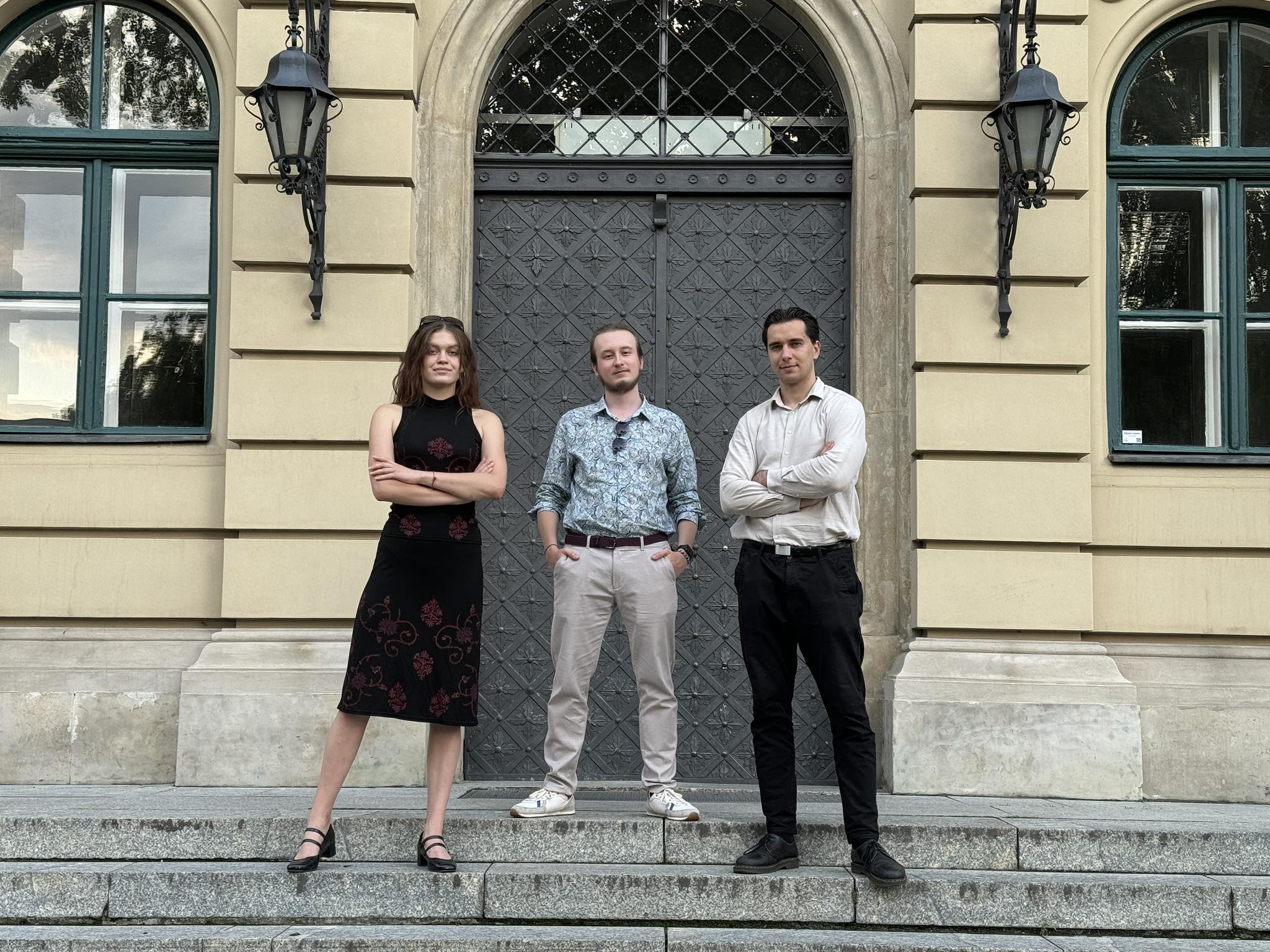
You might be thinking that this sort of umbrella body is not necessary – we already have academic societies and a spine of support. But there was something really inspiring about the way Krzysztof, Mateusz and Masha described their work.
We often describe societies and extracurricular activities in the UK as things students do outside of their formal education – the “fun stuff”. But the impressive focus here was on educational extracurricular activity – we got a real sense that these bodies, under the leadership of the sub-Council, was aimed at students who loved their discipline and wanted to learn more about it by staging events, booking guest lectures and engaging in interdisciplinary activity.
The link to doctoral students and academics within academic fields was also palpable – we came away thinking that that sort of academic ambition focus is a big trick (and a large group of students) that we may be missing back home.
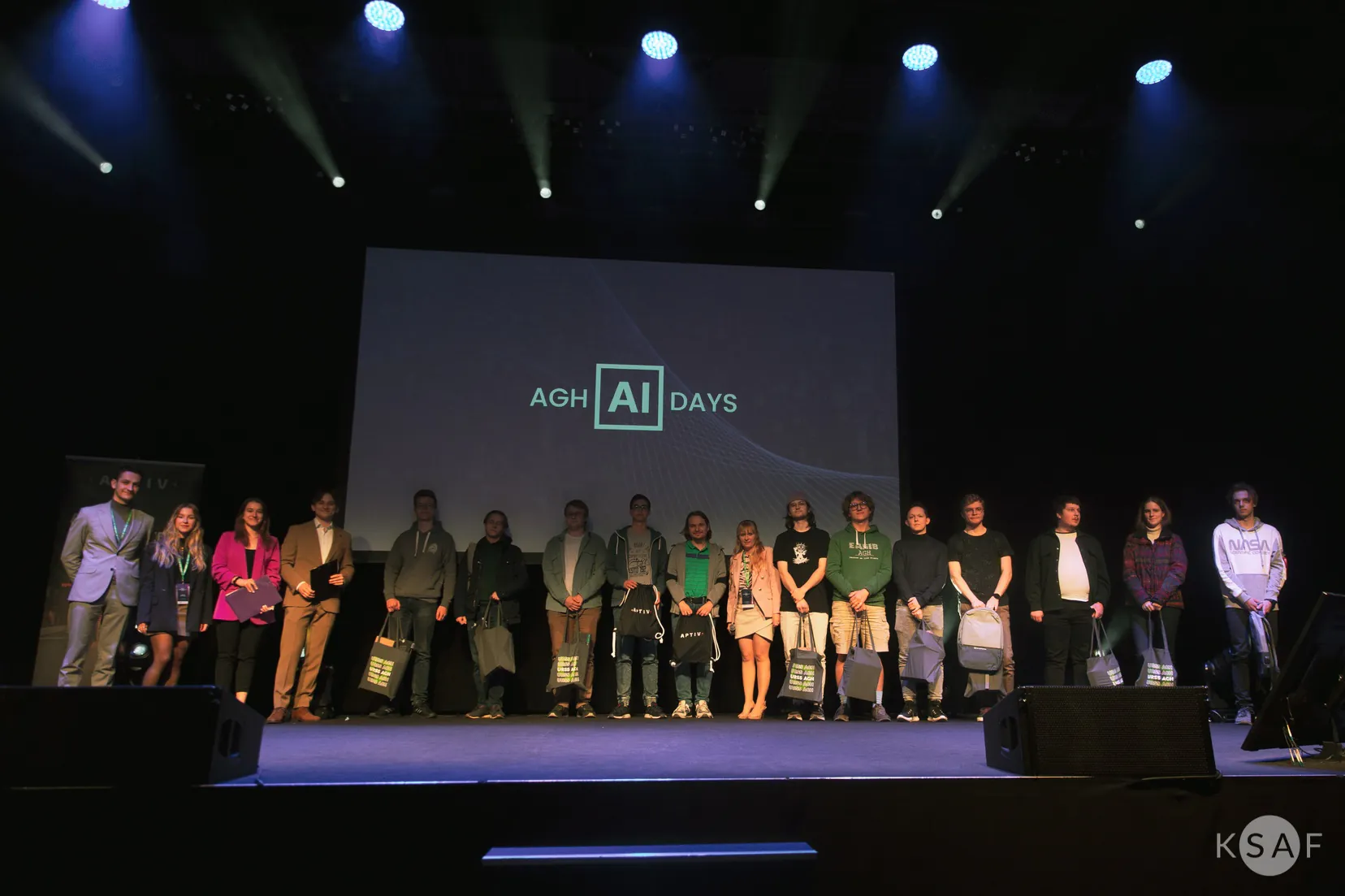
The other thing that was telling here and at the other SUs we’d visited in Poland was the way in which the structures offer management experience. We talk a lot about key skills and employability through volunteering in the UK – but here we saw students proudly describing the management experience they were offering and getting by supervising other students and projects. How much of it do SUs offer to students, we wondered?
Jim has talked elsewhere on the main site about university ombudspeople in Poland – constantly referenced by the SUs we visited – but there’s one other thing worth mentioning before we wrap this week’s collection of blogs.
Projecting achievement
PSRP – Poland’s NUS – is the statutory representative of all students in Poland, bringing together student governments from all public and non-public universities in the country.
It has some brilliant national projects – all delivered by working groups of officers from the SUs and attracting funding from the EU and across local and national government.
Zdrowe Pokolenia promotes healthy lifestyles through education on nutrition, physical activity, and mental well-being – offering instructional videos, practical tips, and motivational content to inspire positive, sustainable changes in daily habits. Młodzi na Rynku Pracy supports students in navigating the labor market, focusing on financial literacy and mental health. Konferencja Ekspertów Praw Studenta aims to train student representatives in academic rights and responsibilities, offering expert-led workshops, discussion panels, and networking opportunities.
The Konwent Przewodniczących Samorządów Studenckich – just for SU Presidents – includes panels on higher education challenges, skill-building workshops, and a Gala celebrating student achievements – as well as electing the leadership for PSRP. Strefa Komfortu provides psychological support for students through online consultations, webinars, and educational resources on mental health – with a map of psychological assistance centers across Polish universities and guidance on booking consultations and recognizing mental health issues.
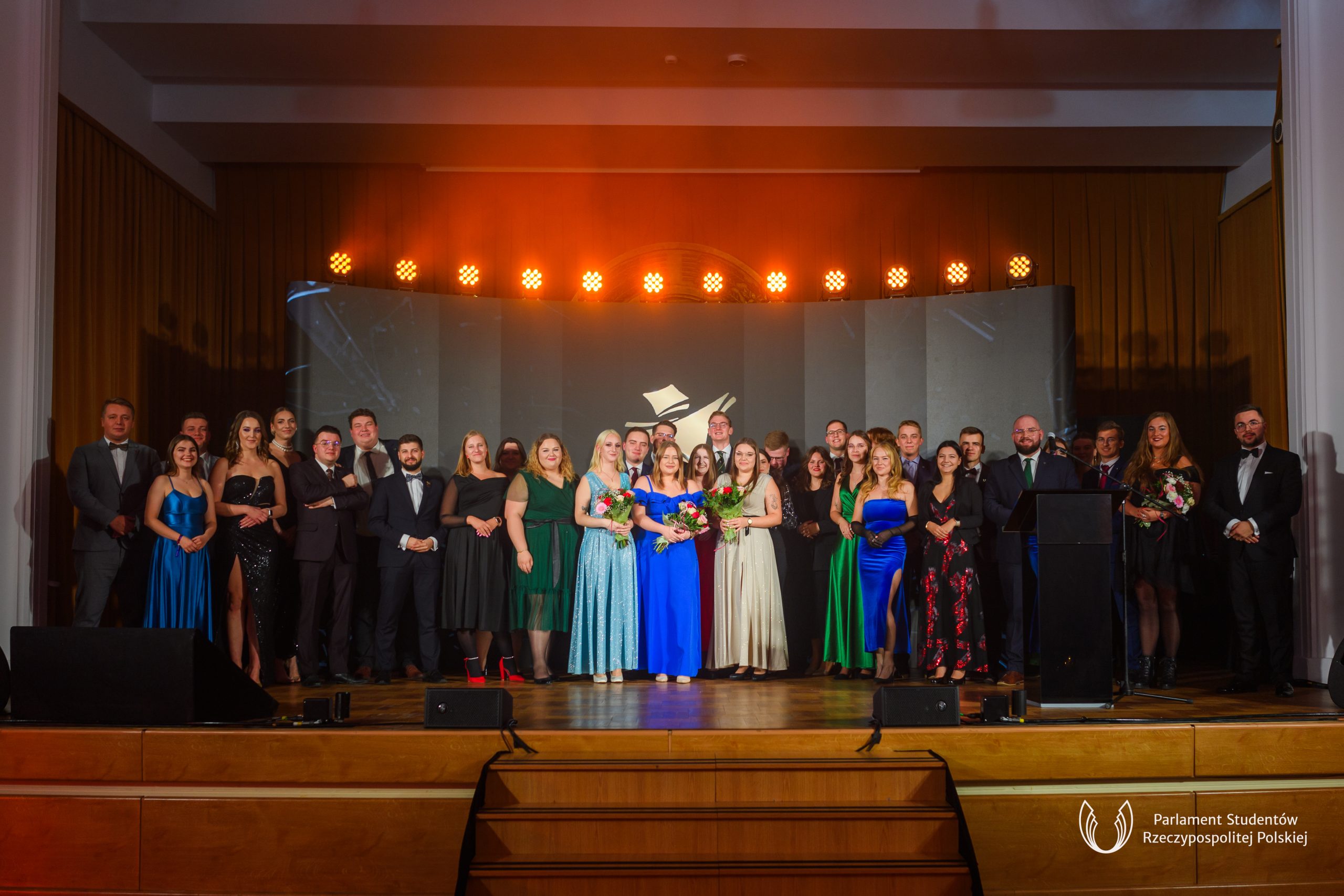
MONiT (Mówmy o Niepełnosprawnościach i Trudnościach) focuses on supporting students with disabilities through resources like infographics, articles, and guides, aiming to raise awareness and provide practical methods to enhance inclusivity in higher education. Studenci dla Uczniów bridges the gap between students, teachers, and younger learners to guide them in making informed educational choices – with video materials, practical advice, and inspiring stories to support career planning and school selection.
And Studenckie Prawa – Jasna Sprawa is a website and project that educates students on their rights and responsibilities, aiming to make academic life more accessible and empowering, co-funded by Poland’s Ministry of Education and Science.
We tend to have always had national bodies in the UK that do things for SUs – but the creativity and innovation in PSRP’s project work suggests that alternative models of student and SU-led project work of national importance are both viable and possible.
And that’s also exemplified in PSRP’s stunning eight sectoral committees, which unify student governments based on their university (or in large universities, faculty) types, building collaboration and dialogue on academic issues. They provide a platform for discussing issues and drafting opinions on legislation affecting students, work closely with relevant ministries, strengthen ties between academic centers and enhance advocacy for student needs.
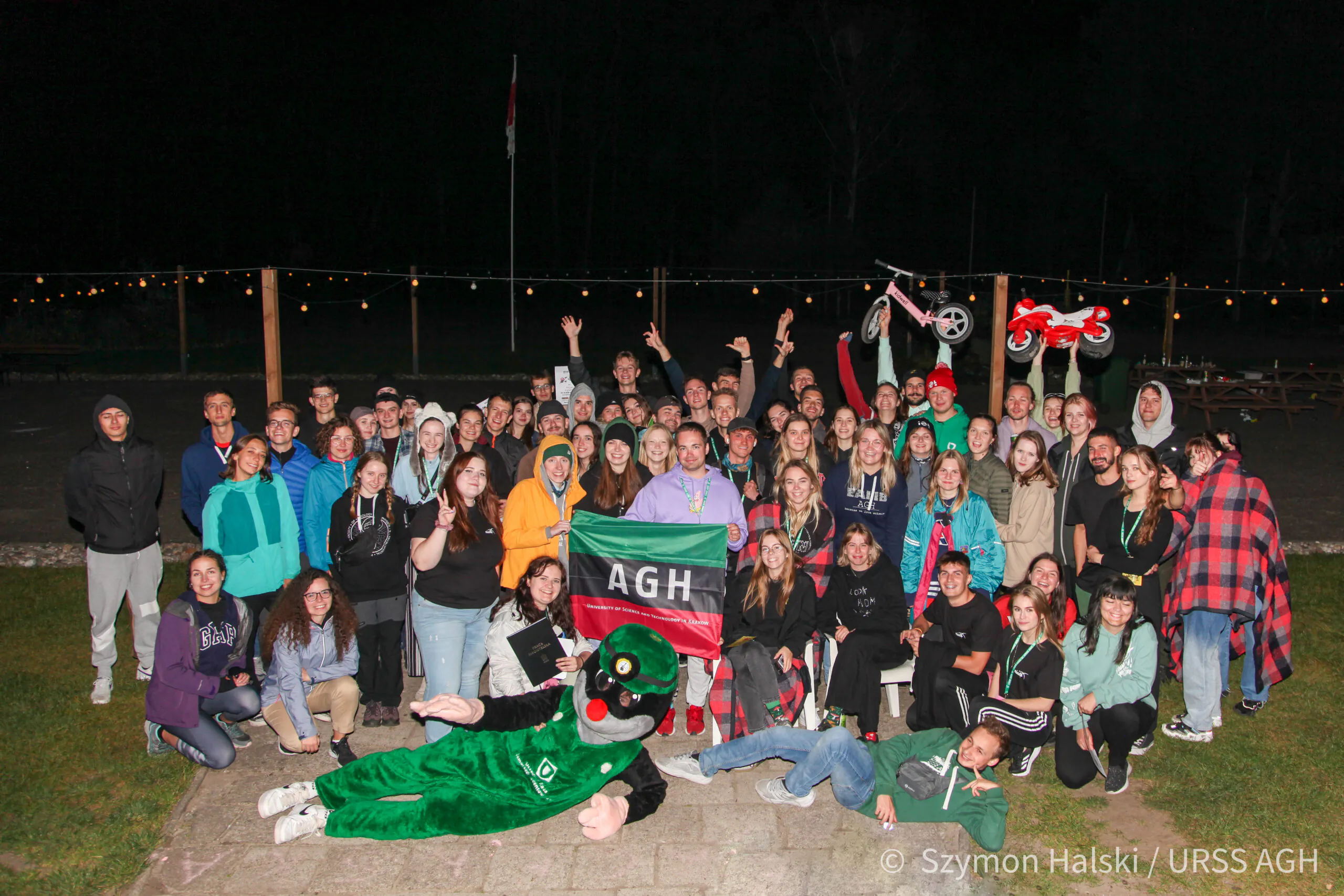
A poke around some of the websites like FUT, FANS, FUE and KWSM gives you a sense of what would be possible if we were able to knit together faculty associations or academic societies in a similar way – these are student-led bodies playing a major role in the academic discipline, influencing government and educational training standards in their field, and organising an endless array of events and projects that are linked to the key industries that students find work in.
And that’s about for one week. Five days, over 30 student organisations, four countries and hundreds of student volunteers down, we’re still not quite sure how they manage to involve so many students and pull off so many impressive things.
Some of it is about culture, some is about the law, and some will be historical accident – but we’re guessing that a lot of it is about having the right scaffolding in place, offering more “events” and “projects” that look like things you could run next year, having deep roots into faculties, and trusting students to do things that we often assume they can’t or won’t. Much to think about – and a huge thanks to all our hosts throughout the week.
